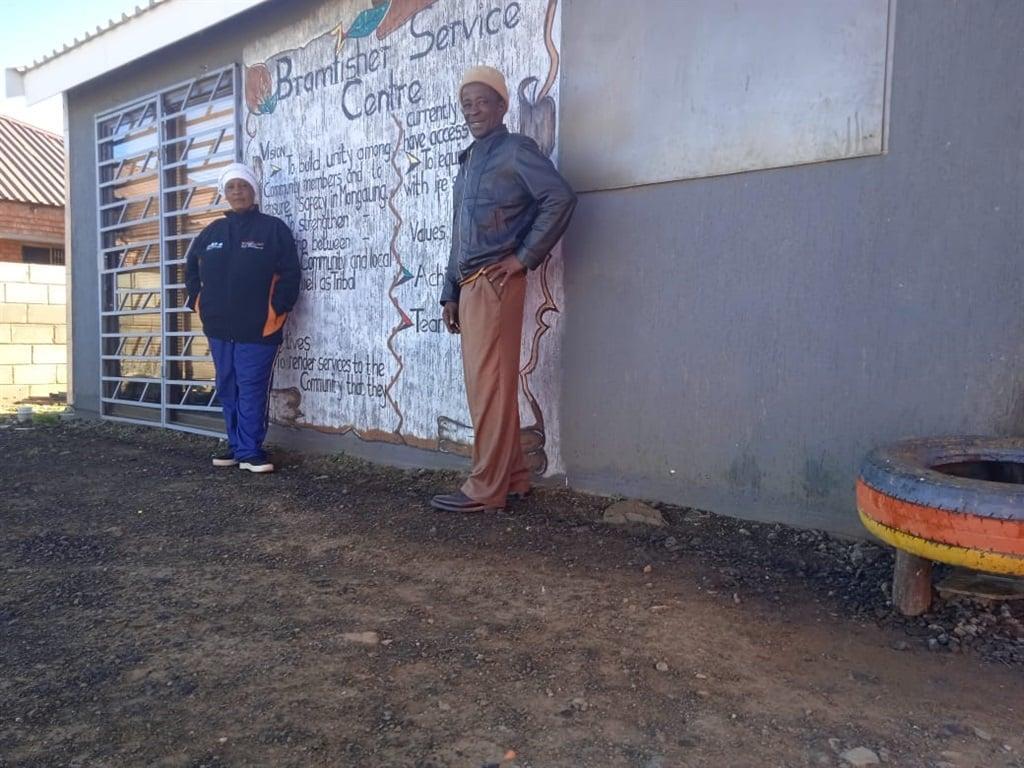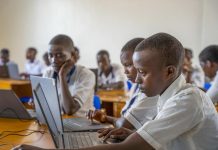Africa-Press – South-Africa. Unlike many of his peers invested in the latest social media trends or spending time at the malls, 15-year-old Sipho* (surname known to News24) has to juggle his school work and take care of his younger siblings.
However, it is not always easy for the Grade 7 pupil to keep the wolf at bay as they often go to bed on empty stomachs.
He became a foster parent to his two siblings, who are seven and 10 years old, when their mother died in 2018.
He is one of the 34 child-headed households in JB Mafora in Bloemfontein.
News24 visited the area last month.
According to the South African Child Gauge 2021/2022, about 26 000 children were living in child-only households across South Africa in 2019, which equates to 0.1% of all children.
The gauge is published by the University of Cape Town’s Children’s Institute.
The publication describes “child-only households” as households in which all occupants are under the age of 18.
It notes that the Children’s Act defines child-headed households as households in which adults may be “too sick or old to effectively head the household and a child over 16 years bears this responsibility”.
The 2021/2022 study revealed that children living in child-only households are rare, relative to those residing in other household forms, but the number of children living in this extreme situation was of concern because the children may be particularly vulnerable.
When his mother fell sick, Sipho was 10 years old, and he had to use a wheelbarrow to take her to the local clinic.
He and his two brothers stay in a one-room shack divided by a cloth. One side is their bedroom, and the other is where they cook.
Enjoying a typical breakfast, with just eggs, is foreign to the boys, and they mostly rely on food they get from school and a local NGO that serves food several times a week.
Their mother’s friend receives a government grant on their behalf, and she buys food that barely lasts the month.
The teenager told News24 he would “love to be like other children”, adding:
Sipho is also the one who washes their clothes weekly. The only time the boys get new clothes is in December.
“I would love to be a police officer when I have completed my studies to ensure that children who don’t have parents are always safe,” he said.
Three streets away from Sipho’s house lives Tshepo*, 18, who dropped out of school because of the difficulties he said he faced.
Inside his shack stands a small, empty cupboard and an old bed with two blankets on it.
News 24 found Tshepo basking in the sun outside his shack, eating biscuits as his breakfast.
He said his mother died in 2016, leaving him with his younger sister, now eight years old.
“I dropped out of school in Grade 10 because I needed to hustle for food. My grandmother was the one who got our government grant, but she did nothing for us. My sister did not have a uniform, which pained me when we went to bed on an empty stomach. Seeing that our situation was worse, I decided to take my sister to go and stay with my grandmother to have something to eat at least,” he said.
Bowing his head and trying to stop the tears that flooded down his cheeks, he said he had to resort to smoking tik (a form of methamphetamine) to forget about hunger.
Tshepo said:
He said he missed his mother, who used to work at the local pre-school.
Mamokgethi*, 21, dropped out of school in Grade 9 to provide for her younger siblings.
“My 18-year-old sister also dropped out of school, and I don’t want my younger siblings to follow this trend. I don’t even know where my sister is; she no longer stays with us. The situation is terrible for us when we don’t have something to eat. I borrow from the loan sharks and, by the time the grant comes, I have to pay my debts, and we are left with almost nothing,” she said.
She said their mother died in 2020, and she had to be a parent to her siblings.
She added:
Matshidiso Mokgoro, who runs the Bram Fischer Service Centre, and is known as Mother Teresa in the area, said they always try to provide food for child-headed households.
The centre is a multipurpose, non-profit organisation that helps orphans, the elderly and child-headed households in the area.
“It’s hurting to see these young kids smoking nyaope because no one cares for them. We try to assist where we can by giving them food, but some of them don’t come to our centre. We also see that they go to school, and we help them to apply for IDs,” she said.
Mokgoro said they were organising an awareness campaign to teach youngsters about crime’s dangers and to encourage them not to drop out of school.
*The names of the subjects have been changed to protect their identities.
For More News And Analysis About South-Africa Follow Africa-Press






